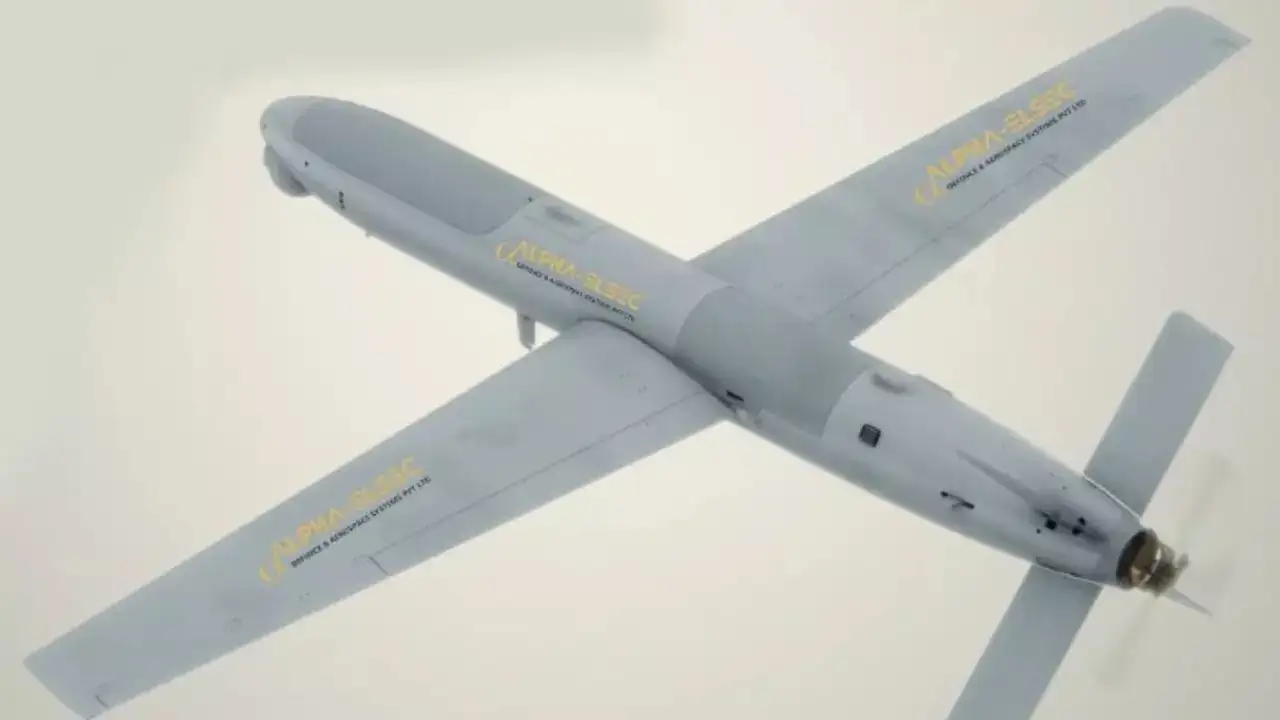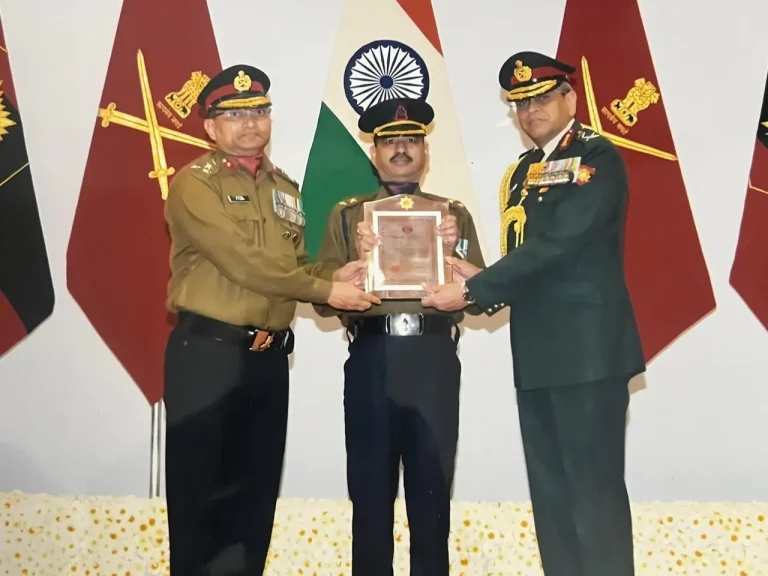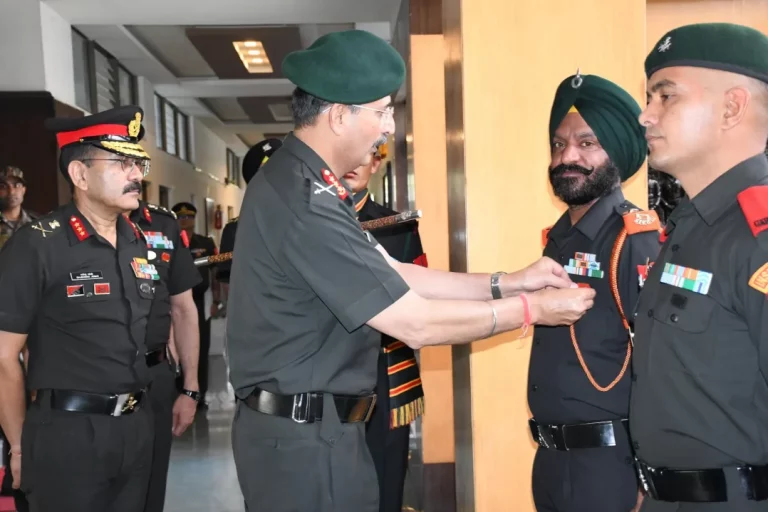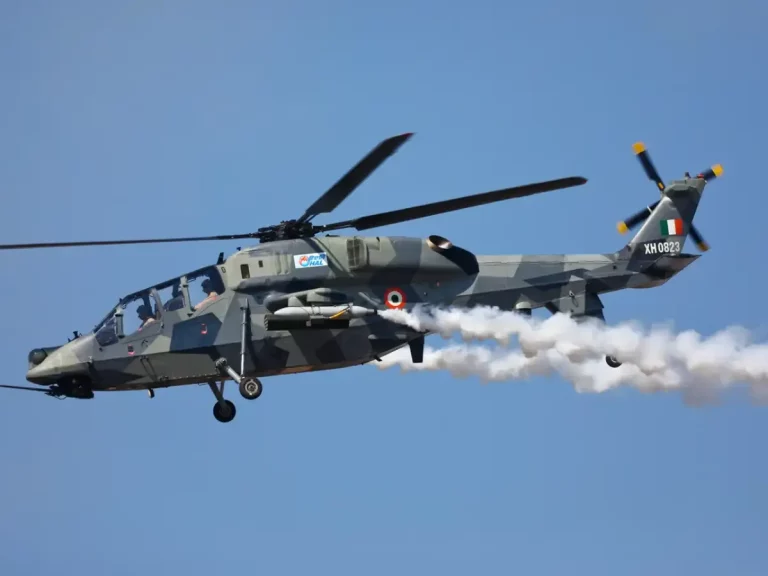The Indian Army showcased its increasing reliance on advanced technology during Operation Sindoor, utilizing SkyStriker suicide drones to target terrorist infrastructure deep within Pakistan. These unmanned aerial vehicles, classified as loitering munitions, represent the culmination of a strategic collaboration between India and Israel, specifically between Alpha Design Technologies, based in Bengaluru, and Elbit Security Systems of Israel.
The SkyStriker drones, which were manufactured locally, are a direct outcome of India’s tactical evolution following the Balakot airstrikes in 2019. In a move to bolster its self-reliance in defense capabilities, the Indian Army issued an emergency order for over 100 units in 2021. This shift reflects a broader effort to enhance operational efficiency and reduce dependency on foreign technology.
With a flight range of up to 100 kilometers, each SkyStriker drone is capable of carrying warheads weighing either 5 kg or 10 kg. Their electric propulsion systems enable near-silent operations at low altitudes, making them particularly effective for covert strikes in hostile environments. This stealth capability is crucial for maintaining operational security while executing sensitive missions.
Colonel (Retd) HS Shankar, Chairman and Managing Director of Alpha Design, refrained from discussing the specific role of the drones in Operation Sindoor, citing operational confidentiality. However, sources have confirmed the drones’ involvement in various seek-and-destroy missions throughout the operation, highlighting their significance in modern combat scenarios.
Elbit describes the SkyStriker as an innovative blend of aerial surveillance and precision-missile functionality. The drones are designed to loiter silently over target areas, facilitating real-time engagement with minimal risk of collateral damage. This capability considerably enhances the Army’s sensor-to-shooter loop, allowing for timely and precise responses to threats.
The deployment of the SkyStriker drones signifies a significant shift in the Indian military’s tactical approach. By prioritizing autonomous systems and precision warfare techniques, the Indian Army aims to counter asymmetric threats and cross-border terrorism with enhanced speed and accuracy. This development underscores an evolving battlefield philosophy that emphasizes the integration of high-tech solutions to address complex security challenges.







